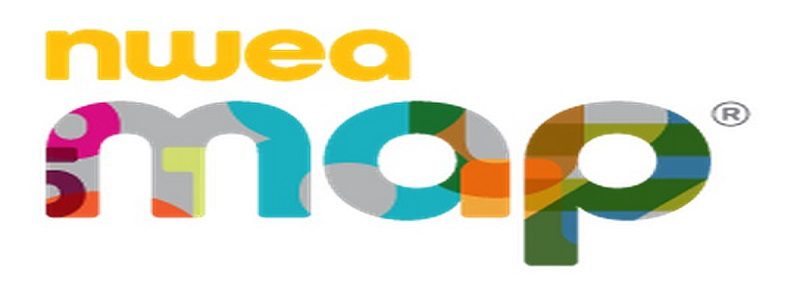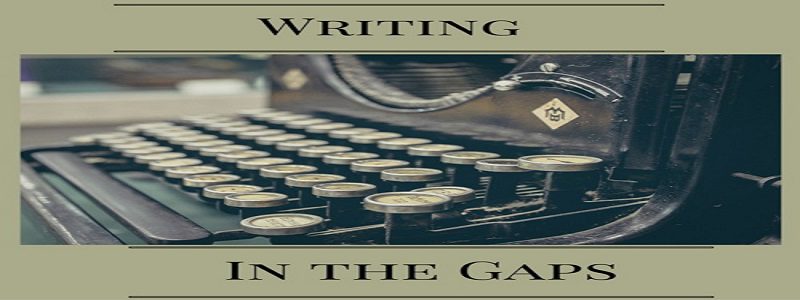Integrating NWEA Preparation Organically, Using an Academic Vocabulary Log
There may be no more quietly disparaged term by teachers, in my experience, than “teaching to the test.” It doesn’t get openly stated most of the time, but it is a phrase in the air and in the back of minds at a whole lot of faculty gatherings, department meetings, and teacher-administrator conferences. It might do well to have the phrase come in from the out on the edges, though, since the ambiguity in exactly what is meant by it seems to keep people apart in professional discussions on assessment. “Test-prep factories,” where they exist, seem to clearly pummel and reduce education in worse than Gradgrindian fashion. If this is teaching to the test, it is educational regress, if not malpractice. On the other hand, good teaching practice has always included measurement of student learning on content and skills taught; a stalwart and widely well-regarded system like Grant Wiggins and Jay McTighe’s Understanding by Design guides teachers to backwards-plan units and lessons from assessments of academic objectives, a more professionally careful way of building in “teaching to the test.”
The Refutation Gaps Activity
Overview
Templates can help students master the format, linguistic constructs, and conceptual structure of the more difficult aspects of argument writing. Refutation of counter-arguments certainly falls into the “difficult aspects” category. Through practice with the scaffolding device of the writing template, students can assimilate the formal aspects of written refutation so that they can cultivate the even more higher-order quality of thinking hard about why it is that the best counter-arguments against their position aren’t reasons to abandon their original position, even if they necessitate some concession and adjustment.
Shaping Arguments and the Superhero Square-Off: Batman vs. Spiderman
Overview
We frequently discuss the inter-connectedness of argumentation skills and content learning and knowledge. To think critically, and to enter an argument-based dialogue, about an issue or controversy, we have to have a baseline of content knowledge. Students are unable to generate much in the way of counter-arguments, for instance, when they are unfamiliar with the terms, context, and specific elements of an issue. Likewise, if content knowledge is taught outside of an argument framework it can be quickly forgotten, lacking purpose and relevance for students. It is also limited to the surface unless students think critically and apply higher-order thinking to this subject-area content.
Claims and Counter-Claims for Use with the Refutation Two-Chance Activity
Overview
Refutation is probably the most under-appreciated, under-taught, and the most essential and irreducible of all of the components of academic argument. To Argument-Centered Education, refutation should be broadly conceived, but very rarely omitted from argument-centered instruction, or held off till later.
Defined capaciously, refutation is anything a writer/speaker does when they differentiate their own view from that of another view. In effect, when someone is agreeing with a difference, or partially agreeing, or partially critiquing, or anything else they do other than 100% complete agreement, we understand this as “refutation.” Writers or speakers are asking that their view substitute for the other person’s view — even if their view is the other person’s view plus or minus some small correction, etc.
The U.S. Civil War and Argument-Templated Final Assessments
We’re working with a partner school right now that wants to do argument-based final assessments in their Civil War unit in their History/Humanities curriculum. The students are very capable but they’re in a relatively early stage in their study and use of academic argumentation. So we put together two argument-templated final assessments, which are now being given to students in various ways: some students are taking both assessments, some students are taking one, and some the other.






